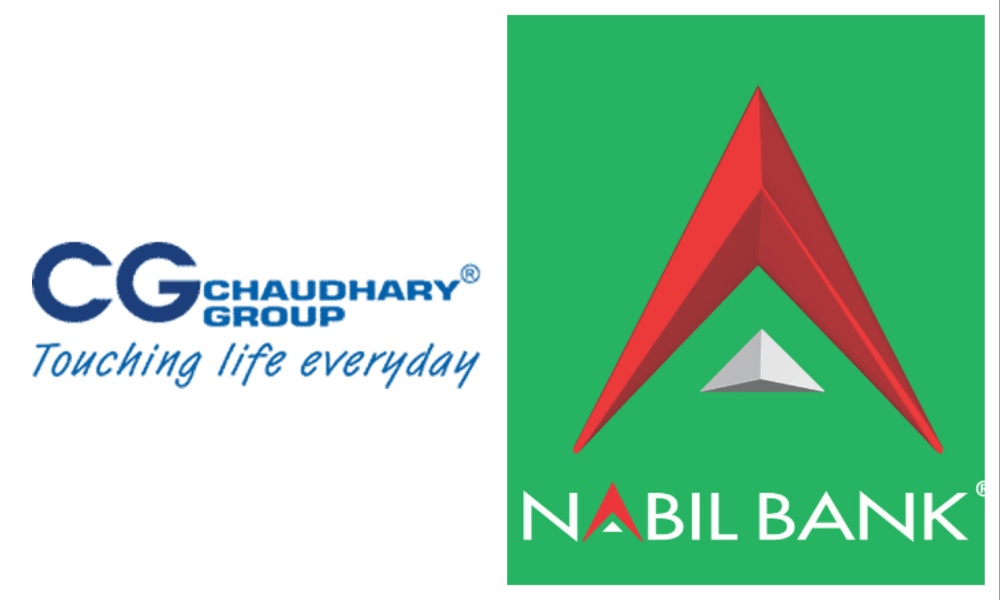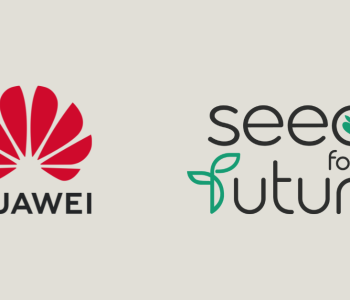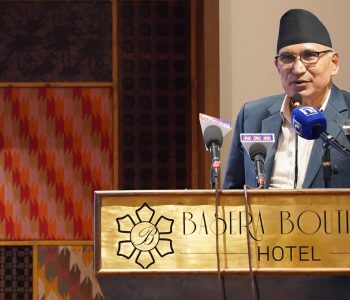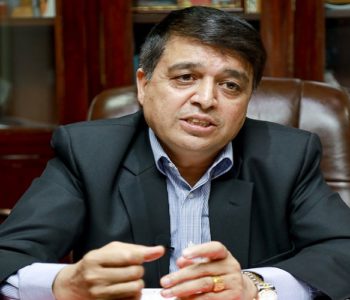Nabil Bank risking consumer saving, under scrutiny for financing CG Motors’ KYC EV vans: ethical concerns raised

KATHMANADU: Nabil Bank Limited, where the majority of the promoter shares are owned by Chaudhary Group, has recently come under scrutiny for its financing practices concerning electric vehicles (EVs) sales by its sister company, CG Motors. The bank has financed over 450 KYC EV vans out of the more than 800 EVs it has financed; raising significant concerns about the misuse of general consumer savings to further the interests of Chaudhary Group. This situation has led to questions about the ethical practices within the bank and the potential risks to public money.
Misuse of Consumer Savings
The financing of these EVs by Nabil Bank, outside the normal business ethics of sister companies, suggests a severe misuse of general consumer savings. The primary concern is that the bank has heavily invested in CG Motors’ EVs without adequate assurance regarding the repayment of these loans.
There is no clear responsibility outlined for who will be accountable if these 450-plus EV loans default. This lack of clarity has prompted calls for the Nepal Rastra Bank (NRB) to take strict action against the misuse of public money.
Nepal Rastra Bank has announced its intention to investigate the loan misuse issue involving Nabil Bank and CG Motors. An official from NRB stated, “If Nabil Bank is found to have acted improperly, appropriate legal action will be taken.”
Extended Installment Periods and Warranty Risks
One of the significant issues raised is the extended installment periods offered by Nabil Bank for the KYC EV vans. While CG Motors offers a 5-year or 160,000 km warranty on these vehicles, Nabil Bank has been extending the installment period to 7 years.
This discrepancy raises serious questions about the bank’s basis for offering a longer warranty period than the manufacturer (dealer). This practice could expose the public’s money to higher risks, as the warranty provided by CG Motors does not cover the entire loan period.
Customer Dissatisfaction and EV Returns
The dissatisfaction among KYC EV users has led to a notable number of vehicles being returned to the company. Despite a down payment of Rs 0.5 million, customers have faced issues such as insufficient charging stations, lack of spare parts, and additional demands for more comfortable and secure features.
One anonymous KYC EV user reported, “I bought a KYC EV senen month ago. It runs in sunlight, but gradually stops working when it rains. Neither the battery nor the ticket is full due to its faults.” Such issues have resulted in the return of as many as 25 electric vehicles to CG Motors.
Financial Risks and Potential Recalls
A close source from Nabil Bank revealed to Fiscal Nepal that the bank is considering recalling more than 150 KYC and King Long EVs due to customers’ failure to pay installments on time. “If the customer provides additional extra collaterals, we will facilitate them to continue as usual; otherwise, there is no option but to recall the aforementioned numbers of EVs that are in the red list,” the source said. This potential recall highlights the financial risks and the precarious situation facing the bank and its customers.

CG Motors’ Response
In response to the growing dissatisfaction, representatives from CG Motors have claimed that they are preparing to address consumer concerns regarding the KYC EVs.
Dinesh Pande, General Manager of CG Motors, stated, “We are addressing this issue by establishing a Hire-Purchase Company, but we have not received the approval to operate it yet.” This response indicates an effort by CG Motors to mitigate the issues faced by their customers, although the effectiveness of these measures remains to be seen.
Ethical Concerns and Stakeholder Responsibility
The saying “One’s own hand is God” is exemplified by Chaudhary Group, which holds the majority shares in Nabil Bank and now sees a significant loan investment in another of its companies, CG Motors. This situation raises ethical concerns and questions about the responsibility of stakeholders if these large loans default.
Manoj Gyawali, Deputy CEO of Nabil Bank, has stated that the bank has no obligations regarding the matter. “We have been utilizing the green fund, and we have no dealings with Chaudhary Group,” he said. However, this statement has done little to alleviate the concerns of stakeholders who fear that the bank’s heavy investment in its sister company’s EVs could lead to significant financial losses.
Impact on the Banking Sector
Due to the controversy and risks associated with the KYC EV vans, banks and financial institutions have ceased financing these vehicles for the past month. This decision underscores the broader impact of the situation on the banking sector and the potential ripple effects on consumer confidence and financial stability.
The financing practices of Nabil Bank concerning CG Motors’ KYC EV vans have raised significant ethical concerns and potential financial risks. The extended installment periods, customer dissatisfaction, and the potential recall of EVs highlight the precarious situation facing the bank and its customers.
The Nepal Rastra Bank (NRB) is urged to take strict action to address the misuse of public money and ensure the ethical conduct of financial institutions. As the situation unfolds, the banking sector and stakeholders will closely watch the developments to safeguard public interests and maintain financial stability.













Facebook Comment